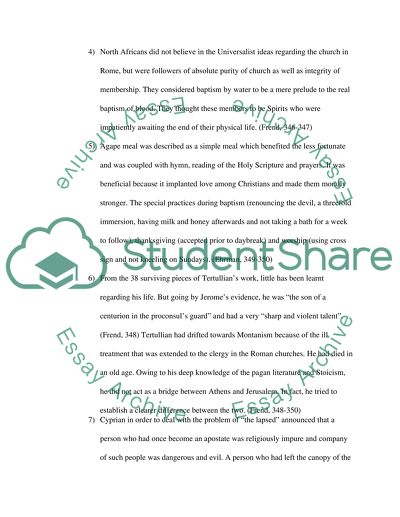Cite this document
(“Christianity Research Paper Example | Topics and Well Written Essays - 4750 words”, n.d.)
Retrieved de https://studentshare.org/religion-and-theology/1390964-christianity
Retrieved de https://studentshare.org/religion-and-theology/1390964-christianity
(Christianity Research Paper Example | Topics and Well Written Essays - 4750 Words)
https://studentshare.org/religion-and-theology/1390964-christianity.
https://studentshare.org/religion-and-theology/1390964-christianity.
“Christianity Research Paper Example | Topics and Well Written Essays - 4750 Words”, n.d. https://studentshare.org/religion-and-theology/1390964-christianity.


